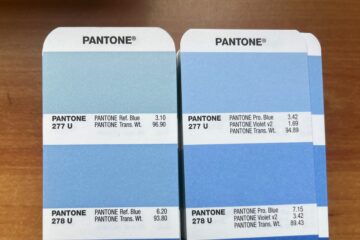
Reading printed books is more associated with comprehension than reading on digital devices, according to University of Valencia (UV) scientists who are calling for print texts to be encouraged in schools.
“Leisure reading habits on screen are minimally related to reading comprehension, which contrasts with the solid positive relationship between reading habits on paper and comprehension,” said the university’s Lidia Altamura.
Altamura and colleagues wrote up their findings after picking through 25 studies published since 2000, work which involved more than 450,000 people.
“From what we know from other studies, the relationship between the frequency of reading printed texts and text comprehension is much higher (between 0.30 and 0.40) than what we found for leisure digital reading habits (0.05),” said Cristina Vargas, another UV researcher.
The difference means if a student spends 10 hours reading books on paper, “their comprehension will probably be 6 to 8 times greater than if they read on digital devices for the same amount of time.”
The team said their research, published in December, suggests people are more likely to learn more from their “playful” reading as they get older, perhaps as the pressures of school and university exams fade, along with their association with reading.


